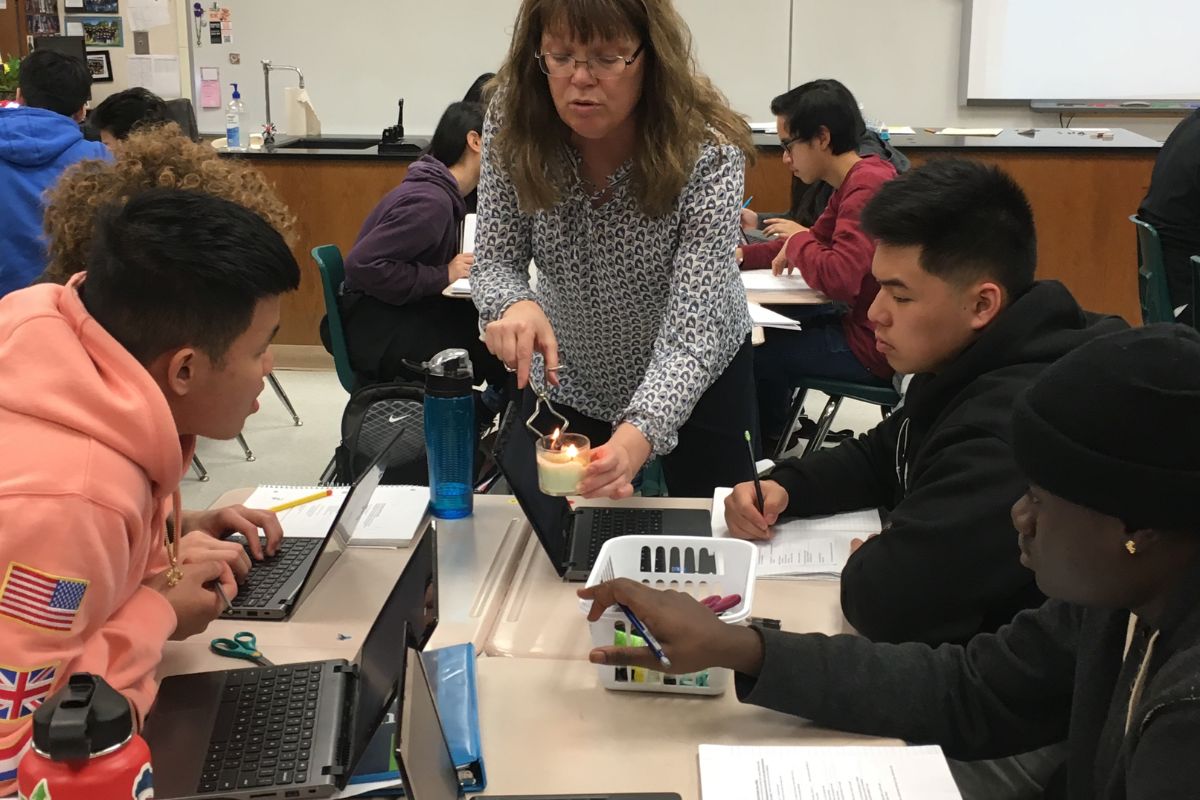Breaking California Adds Science Test: The recent inclusion of a science test on California’s School Dashboard has sparked considerable interest among educators and policymakers alike. With a focus on enhancing accountability and providing a more comprehensive view of student performance, this addition reflects the state’s commitment to elevating science education standards.
As we further into the implications of this new development, it becomes apparent that the integration of science assessment aligns with broader efforts to promote academic excellence and student success. This shift in evaluation criteria prompts a closer examination of the factors shaping educational policy and practice in California.
State Board of Education Introduces Science Assessment to California School Dashboard
The integration of the California Science Test (CAST) into the California School Dashboard marks a significant step forward as the State Board of Education introduces a science assessment to enhance the statewide accountability system. This strategic move, effective from 2025, will evaluate students’ performance in science alongside other academic indicators, providing a more holistic view of their achievements.
By incorporating science into the dashboard, the state demonstrates a commitment to promoting STEM education and ensuring that all students have equal opportunities to access high-quality science instruction. Despite the challenges faced in science education, this initiative underscores the importance of prioritizing science learning and fostering a deeper understanding of scientific concepts among students.
Furthermore, the inclusion of the CAST will help educators, policymakers, and stakeholders gauge the effectiveness of science instruction and track progress in this critical subject area, aligning with broader efforts to enhance educational outcomes and prepare students for success in an increasingly complex world.
Critical Role of Next Generation Science Standards (NGSS) in Shaping Science Education
Revolutionizing the landscape of science education, the Next Generation Science Standards (NGSS) have played a pivotal role in reshaping teaching methodologies and curriculum frameworks across California since their adoption in 2013. The NGSS emphasize a hands-on approach, focusing on real-world applications and interdisciplinary connections to deepen students’ understanding of scientific concepts. Despite the benefits of NGSS, challenges such as funding shortages and disruptions due to the pandemic have hindered its full implementation. Ensuring equitable access to high-quality science instruction under the NGSS framework remains a pressing concern, necessitating ongoing advocacy and resource allocation to support effective implementation.
| Key Aspects of NGSS | Description | Impact |
|---|---|---|
| Hands-on Learning | Emphasizes practical experimentation and application of concepts. | Enhances student engagement and retention. |
| Interdisciplinary Focus | Integrates various scientific disciplines for a holistic approach. | Promotes critical thinking and problem-solving skills. |
| Real-World Connections | Links scientific concepts to everyday experiences and phenomena. | Fosters a deeper understanding of the relevance of science. |
Exploring the Implications of Student Growth Models in Accountability Systems
In light of the evolving landscape of science education under the Next Generation Science Standards (NGSS), the State Board of Education is currently examining the implications of student growth models in accountability systems to enhance the assessment of individual student progress on standardized tests. This refined approach offers insights into students’ academic growth over time, providing a more nuanced understanding of educational outcomes. The discussion reflects ongoing efforts to address disparities in student achievement and promote equity in education, particularly among marginalized student groups disproportionately affected by the pandemic.
- Comprehensive Assessment: Student growth models offer a comprehensive assessment of individual academic progress, moving beyond static snapshots provided by traditional testing methods.
- Longitudinal Tracking: These models facilitate longitudinal tracking of student growth, enabling educators to monitor progress and tailor interventions to meet specific needs.
- Equity and Inclusion: By incorporating student growth models, educational systems aim to promote equity and inclusion by addressing disparities in academic achievement among diverse student populations.
- Data-Informed Decision Making: The use of growth models empowers educators with data to make informed decisions, leading to targeted instructional strategies and support systems for students.
Settlement of Cayla J. v. State of California Lawsuit and Its Impact on Education Equity
Addressing disparities in academic achievement, the settlement of the Cayla J. v. State of California lawsuit highlights the critical impact on education equity and student outcomes. The recent settlement underscores the pressing need to reexamine educational practices to ensure all students have equal access to resources and opportunities. By adopting a student growth model, California aims to tackle systemic inequities and prioritize historically marginalized student groups. This shift in accountability measures signifies a step towards a more equitable education system that recognizes and addresses the diverse needs of students across the state.
| Key Points | Impact on Education Equity |
|---|---|
| Disparities in achievement | Highlights need for equitable resources |
| Student growth model adoption | Addresses systemic inequities |
| Prioritizing marginalized groups | Promotes fair access to education |
| Reevaluation of accountability | Ensures support for all students |
ALSO READ: Southern California Little Ice Age Floods Uncovered in CSUF Study
News in Brief
California Introduces Science Test to School Dashboard: A recent decision to include the California Science Test (CAST) in the state’s School Dashboard has educators and policymakers buzzing. This move, effective from 2025, aims to provide a more holistic view of student performance and promote STEM education. The integration of the Next Generation Science Standards (NGSS) underscores California’s commitment to enhancing science instruction. Additionally, the examination of student growth models reflects efforts to address disparities in academic achievement and promote equity in education. The settlement of the Cayla J. v. State of California lawsuit further emphasizes the state’s dedication to fostering an inclusive and equitable education system. #Education #STEM #Equity



